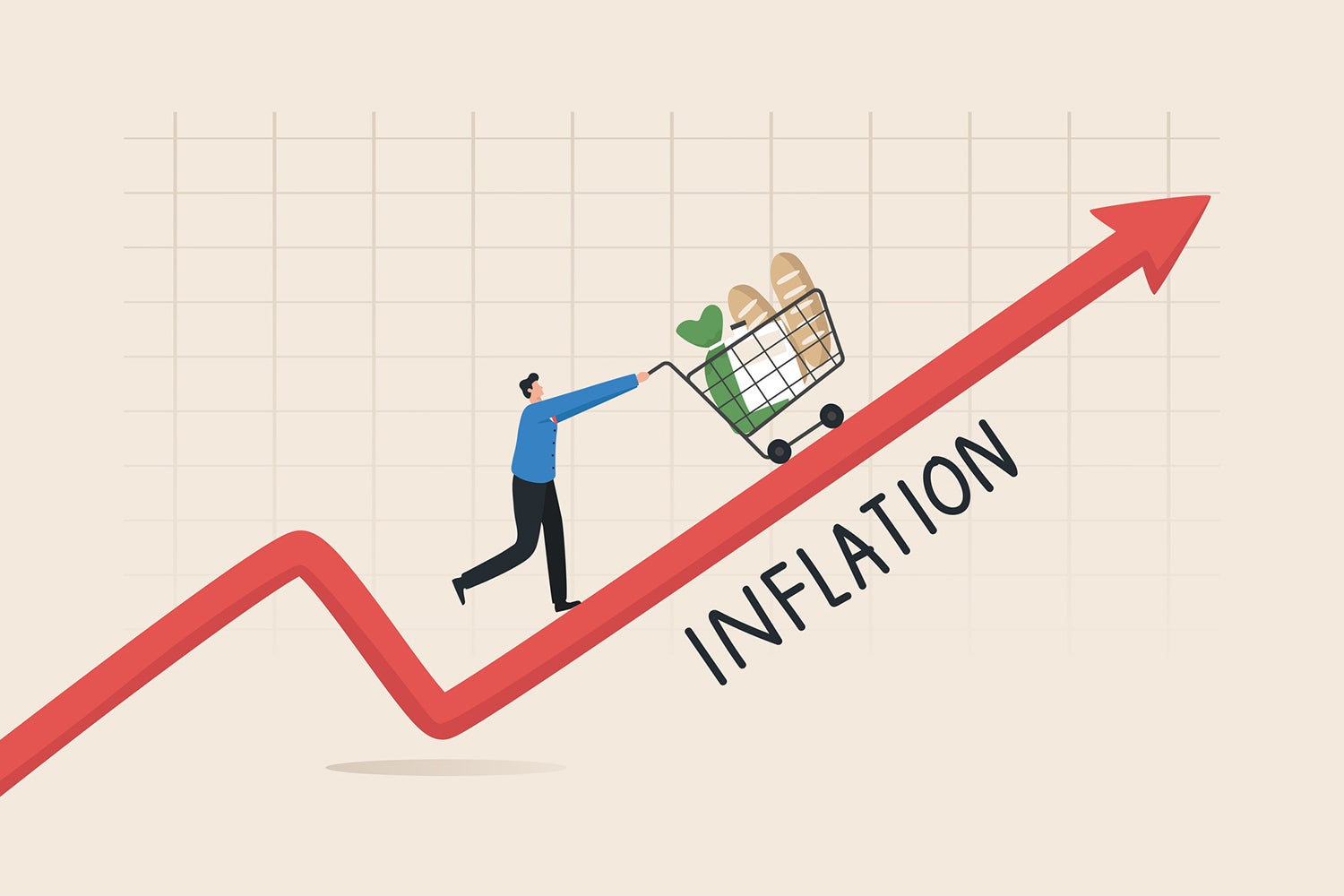adverts
Ghana’s consumer inflation has climbed for the fourth straight month, reaching 23.8% year-on-year in December 2024, up from 23% in November, according to data released by the Ghana Statistical Service (GSS) on Wednesday.
Speaking at a press conference, Government Statistician Professor Samuel Kobina Annim attributed the increase to surging food prices, marking the highest inflation rate in the last eight months.
“The rate of inflation… is the third highest in the last 13 months and the highest in the last eight months,” Prof. Annim said.
adverts
Food inflation soared to 27.8% in December from 25.9% in November, largely driving the overall inflation rise. Items like yams experienced year-on-year price increases as high as 63.3%.
While food costs surged, non-food inflation dipped slightly, falling to 20.3% in December from 20.7% the previous month. Locally produced goods saw inflation rise to 26.4% in December, up from 25.4%, while imported goods inflation edged up to 17.9% from 17.6%.
Sectors with the highest inflation rates included alcoholic beverages, tobacco, and narcotics (28.4%); food and non-alcoholic beverages (27.8%); and housing, water, electricity, gas, and other fuels (26.3%).
Inflation varied significantly across regions, with the Upper East Region recording the highest rate at 40.6%, while the Eastern Region reported the lowest at 16.8%.
Prof. Annim emphasised the importance of a dual approach to combat inflation, targeting both monetary and real-sector challenges, especially in food production and distribution.
“We do emphasise that there are two perspectives in addressing inflation. One is the monetary side… and the other is the real side, with what we’ve seen with food inflation, more particularly the food that we consume that is locally produced,” he explained.
He urged policymakers to focus on strengthening production, improving value chains, reducing post-harvest losses, and stabilising transportation and warehousing systems.
“Policymakers [should] put in diverse interventions, rather than focusing on, let’s say, only exchange rates or focusing on just some selected items that do not cover the variety of food items that influence food prices,” he added.
President John Dramani Mahama, who began his second term on Tuesday, has pledged to tackle inflation and currency depreciation to ease the country’s cost-of-living crisis.
The December inflation rate of 23.8% surpasses the Bank of Ghana’s revised end-of-year target of 15%, underscoring the challenges ahead.
Prof. Annim announced plans to release a detailed review of 2024 inflation trends next week. The report will delve into seasonal price variations, historical data, and the underlying drivers of inflation.
“We are hoping that our colleagues in the media… will move the conversation away from a headline figure of 23.8% and begin to have a conversation on why,” he said.
This report is expected to guide policymakers in addressing Ghana’s inflationary pressures while offering a deeper understanding of food price dynamics and broader economic challenges.


